Ep. 176 | The History of the Teochew People
In this episode, Laszlo explains a little about the “Gagi Nang”, the 自己人, known the world over as the Teochew (Chiu Chow or Chaozhou) people. Like the Hakka people, the Teochew’s were originally from the Yellow River Valley and migrated to their present location on the Guangdong coast via Fujian province.
Their language and culture are unique. Their food and Chaozhou culture is celebrated in more places than Chaozhou and not just by the people from that region. There are Chaozhounese people on every continent except maybe Antarctica. They’re a proud group of people with a collective track record that is admirable by any standards of human achievement.
The only mentions in this episode were of the Teochew’s of South East Asia and the US. There are plenty of other lesser-known or unknown histories of Teochew’s in Canada, Europe, Mexico, Central, and South America, and of course Australia and New Zealand.
The great 19th-century Chinese diaspora is filled with stories, legends, and historic events. The Chiu Chow people are a major part of everything that happened. They contributed not only to the society and the economy of their adoptive homelands, they still kept their ties with the eight districts of Chao-Shan.
Listen On Your Favorite Podcast Player
Terms in Episode
| Pinyin/Term | Chinese | English/Meaning |
|---|---|---|
| Albert Yeung | 杨受成 | Yang Shoucheng The main guy at the Emperor Group |
| Chao Ju | 潮剧 | Chaozhou Opera |
| Chao Prefecture | 潮州 | Set up in 590, where Chaozhou got its name |
| Chaoshan | 潮汕 | The term for the Chaozhou-Shantou-Jieyang region |
| Chaoshan cai | 潮汕菜 | Term used to describe the food of the Chaoshan region |
| Chaozhou | 潮州 | Mandarin pronunciation |
| Chaozhou Bayi Huiguan | 潮州八邑会馆 | The Singapore Eight Districts Association |
| Chaozhou Guotiao | 潮州粿条 | hủ tiếu in Vietnamese, often spelled in English “Kway Teow” |
| Chao’an County | 潮安县 | Set up during the Republic of China |
| Chiu Chow | 潮州 | Cantonese pronunciation |
| Dancong Cha | 蚕丛茶 | Another kind of tea from the Chaoshan region of Guangdong. Not easy to get. |
| David Tran | 陈德 | Họ Trần, Legendary founder of Huy Fong Foods who gave us their Sriracha sauce with the rooster and the green bottle cap. |
| Di | 氐 | People from the northern steppe of Central Asia |
| dongxie | 潮州冻蟹 | A kind of crab in the shell (of course) eaten cold |
| Emperor Wen of Sui | 隋文帝 | Founding emperor of the Sui |
| Fujian | 福建 | Southeast coastal province of China |
| Fujian ren | 福建人 | Someone from Fujian |
| Fulao | 福佬 | The Mandarin pronunciation of Hoklo |
| Gaginang | 自己人 | What Teochew’s call themselves in their dialect (“Our People”) |
| Gan | 赣 | The dialect of the Jiangxi region |
| Goh | 吴 | Teochew for Wu, the #4 most popular Teochew surname |
| Gongfu cha | 工夫茶 | A kind of tea service and traditional Chaozhou tea custom. |
| Guangdong province | 广东 | Southernmost province of continental China |
| Guangyuan | 广元 | Town in northeast Sichuan province |
| Hakka | 客家 | The dialect of the Hakka people |
| Hakka People | 客家人 | - |
| Han Dynasty | 汉朝 | Ancient dynasty of China 206 BCE – 220 CE |
| Han Emperor Wu | 汉武帝 | Han Dynasty emperor whose forces conquered the Nanyue and reigned 141 – 87 BCE |
| Han River | 韩江 | One of the three rivers of Chaoshan |
| He Luo | 河洛 (also 河老) | Another way of writing Hoklo |
| Henan | 河南 | Province of China |
| Hoa Kieu | 华侨 | Overseas Chinese (Vietnamese) |
| Hokkien | 福建 | Pronunciation of Fujian in the local dialect (and the people of course) |
| Hoklo | 福佬 | Cantonese for Fujian people |
| Huanggang River | 黃冈河 | One of the three rivers of Chaoshan |
| Huy Fong Foods | 汇丰食品公司 | David Tran’s company, located in Irwindale, California |
| Jiangnan | 江南 | South of the Yangzi River (Southern China) |
| Jie | 羯 | People from the northern steppe of Central Asia |
| Jieyang | 揭阳 | The 3rd city to make up the Chaoshan region |
| Jin Dynasty | 晋朝 | Dynasty that ran 265-420 CE |
| Joseph Lau | 劉鑾雄 | Boss of Chinese Estates Holdings |
| Jürchen Jin dynasty | 金朝 | The dynasty that replaced the Northern Song 1115-1234 |
| Kun Qu | 昆曲 | Kun opera, the oldest form of Chinese opera |
| Li | 李 | Teochew for Li, the #6 most popular Teochew surname |
| Lim | 林 | Teochew for Lin, the #2 most popular Teochew surname |
| Lim Por-yen | 林百欣 | Lin Baixin… Boss of the Lai Sun Group |
| Liu Song Dynasty | 刘宋朝 | Dynasty in southern China during the Nanbei Chao 420-479 |
| Lushui E | 卤水鹅 | Fine tasting Chaozhou goose dish….dip it in vinegar…The ultimate umami! |
| Ma Huateng | 马化腾 | Pony Ma, founder of Ten Cent (騰訊控股有限公司) who gave us WeChat and QQ |
| Meizhou | 梅州 | Homeland of the Hakka people, located in Guangdong |
| Min | 闽 | The dialects of Fujian |
| Min River | 闽江 | The main river of Fujian |
| Minbei | 闽北 | North of the Min River |
| Minnan | 闽南 | South of the Min River |
| Nanbei Chao | 南北朝 | The Southern & Northern Dynasties period |
| Nanhai Commandery | 南海郡 | The 郡 or commandery located in southern Guangdong |
| Nanxi | 南戏 | Southern Drama that was popular during the Later Song |
| Nanyue Kingdom | 南越国 | A kingdom that lasted from 204 – 111 BCE |
| Ng | 黄 | Teochew for Huang, the #3 most popular Teochew surname |
| Ngee Ann Kongsi (Yi’an Gongsi) | 義安公司 | Charitable foundation in Singapore |
| Putian | 莆田 | City in southern Fujian |
| Qiang | 羌 | People from the northern steppe of Central Asia (and Tibet) |
| Qianlong emperor | 乾隆帝 | Qing emperor reigned 1735-1796 |
| Qin Shihuang | 秦始皇 | First emperor of China 220 – 210 BCE |
| Quanzhou | 泉州 | City in southern Fujian |
| Rong River | 榕江 | One of the three rivers of Chaoshan |
| Rougucha | 肉骨茶 | a kind of a Chaozhou style meat soup |
| Shacha Sauce | 沙茶醬 | made from soybean oil, shallots, dried fish, dried shrimp and a nice kick of chili and garlic. Satay sauce |
| Shantou | 汕头 | Port city of the Chaoshan region |
| Shanxi | 山西 | Province of China |
| She | 佘 | A Chinese surname (rhymes with 蛇) |
| She Youjin | 佘有进 | Seah Eu Chin 1805 – 1883 – early Singapore Teochew community leader |
| Sir Li Ka-shing | 李嘉诚爵士 | Chaozhounese great featured in CHP episode 13. |
| Sui | 隋 | Dynasty in China that preceded the Tang 581 – 618 CE |
| Swatow | 汕头 | Shantou in the Teochew dialect |
| Taiping Rebellion | 太平天国运动 | Violent upheaval in China lasting from 1850-1864 |
| Tan | 陈 | Teochew for Chen, the #1 most popular Teochew surname |
| Tang dynasty | 唐朝 | Dynasty of China 618 – 907 |
| Tay | 郑 | Teochew for Zheng, the #5 most popular Teochew surname |
| Teochew People | 潮州人 | - |
| Tieguanyin | 铁观音 | The preferred tea for Chaozhou style gongfu tea. |
| Vincent Lo | 罗康瑞 | Luo Kangrui of Sino Land (who gave us Shanghai’s Xintiandi) |
| Wang Jianlin | 王健林 | Asia’s reigning champion for richest man, founder and chairman of the Dalian Wanda Group....though maybe now it's Ma Yu.... |
| Wenhua | 文化 | culture |
| Wu | 沪 | The dialect of Shanghai and the surrounding region |
| Wu Hu | 五胡 | The Five Barbarian tribes |
| Wu Zetian | 武则天 | China’s only real true empress who ruled in her own name and not behind her man. |
| Xiamen | 厦门 | Major city in south Fujian |
| Xianbei | 鲜卑 | People from the northern steppe of Central Asia |
| Xiang | 湘 | The Hunanese dialect |
| Xie Guomin | 谢国民 | Dhanin Chearavanont – Thailand’s richest man and CP Group boss (sorry for mispronouncing his name) |
| Xiongnu | 匈奴 | People from the northern steppe of Central Asia |
| Yao Ming | 姚明 | China basketball great and NBA superstar. Also a major anti-shark’s fin soup crusader. |
| Yu | 余 | The Chiense surname Yu……Compare it to the She above. |
| Yuan dynasty | 元朝 | Mongol-run Dynasty of China 1271-1368 |
| Yue | 粤 | The Cantonese dialect |
| Yulu | 鱼露 | Nước mắm in Vietnamese, Fish Sauce in English |
| Zhangzhou | 漳州 | Major city in south Fujian |
| Zhao Tuo | 赵陀 | Former Qin general who set up the Nanyue Kingdom in Southern China and Northern Vietnam |
| Zhou | 州 | An ancient name for a prefecture |
| Zhou dynasty | 周朝 | Ancient dynasty of China 1046 – 256 BCE |
| Zou Ma Kan Hua | 走马看花 | To look at the flowers while riding a horse….a very superficial view. |








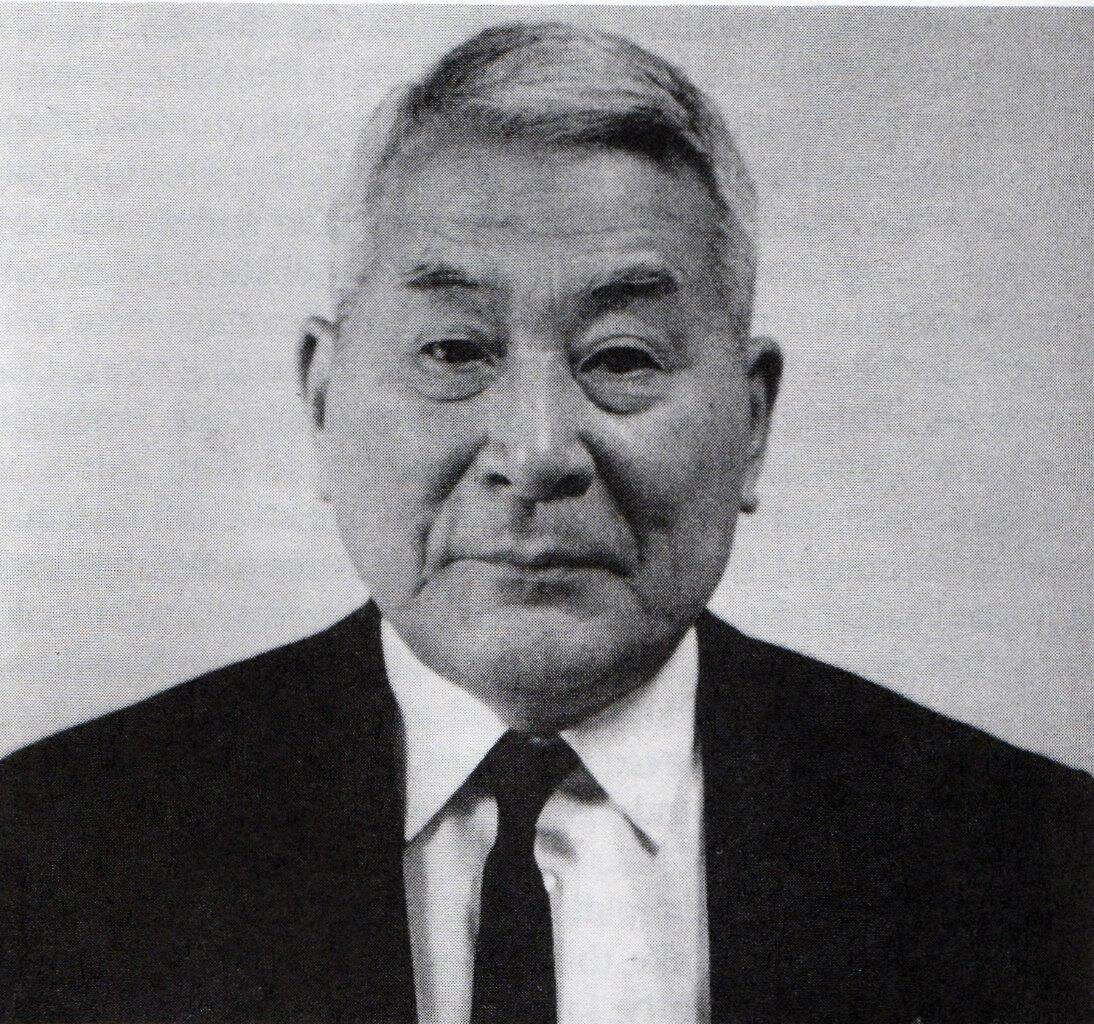
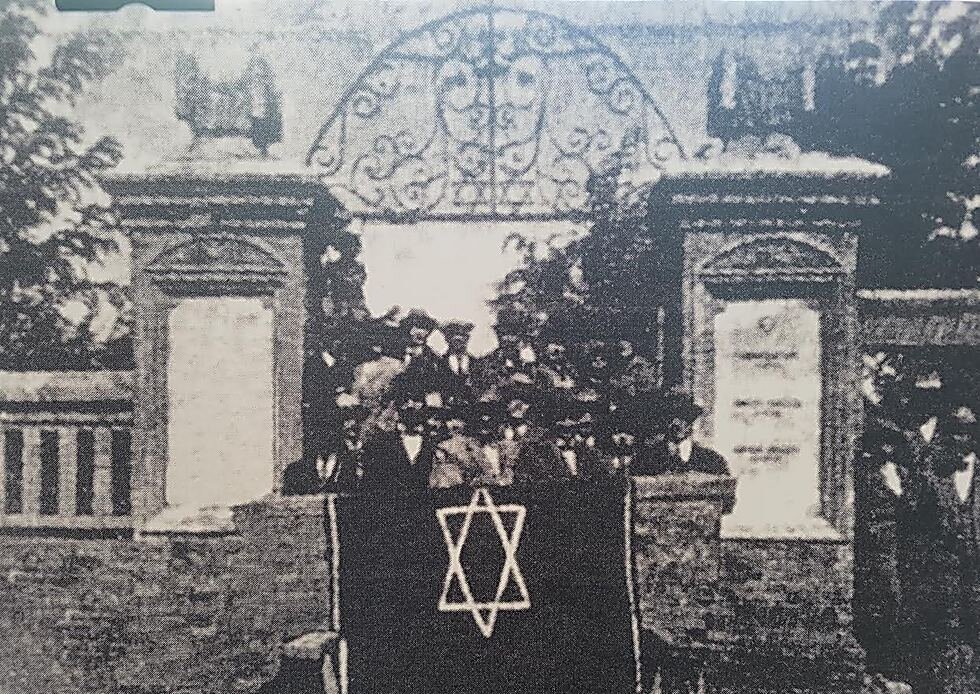
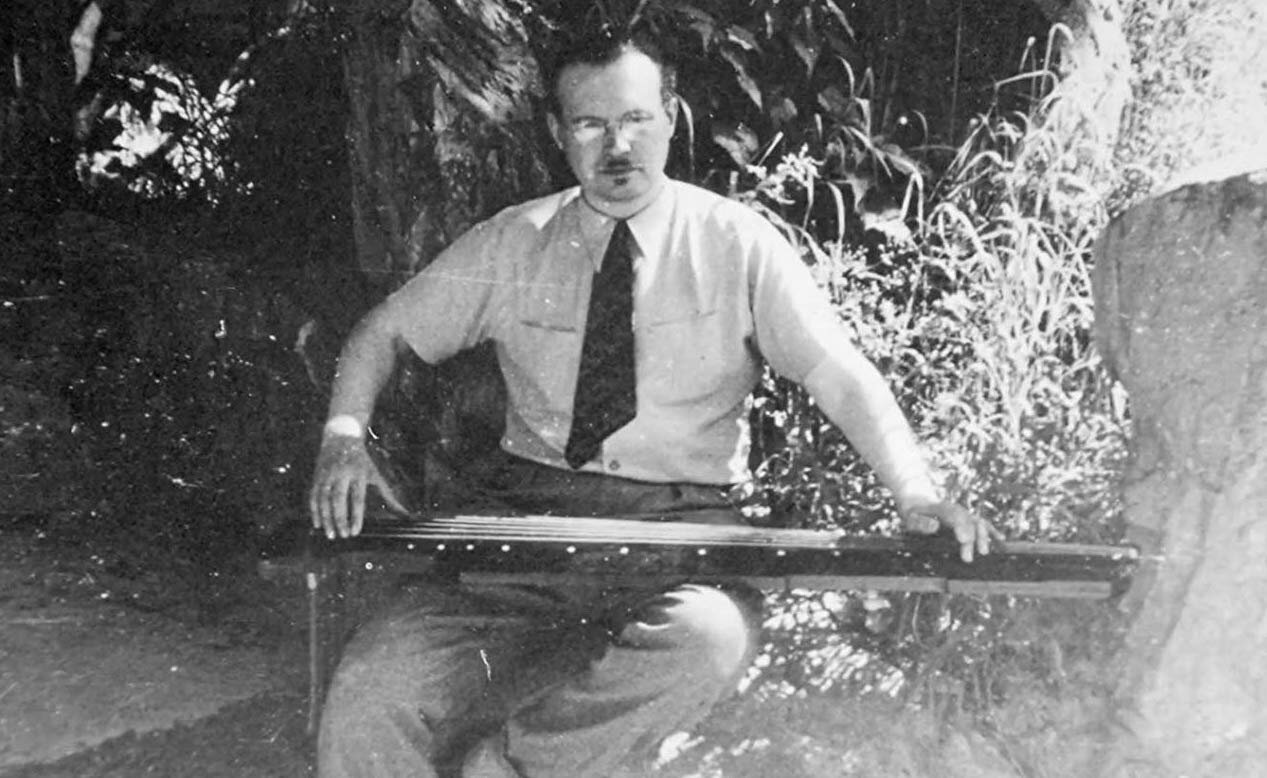
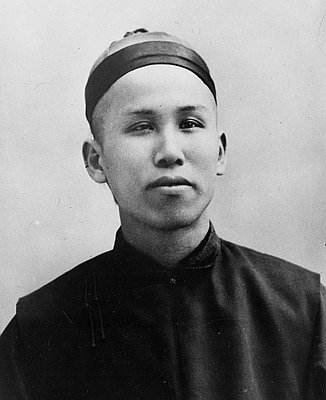
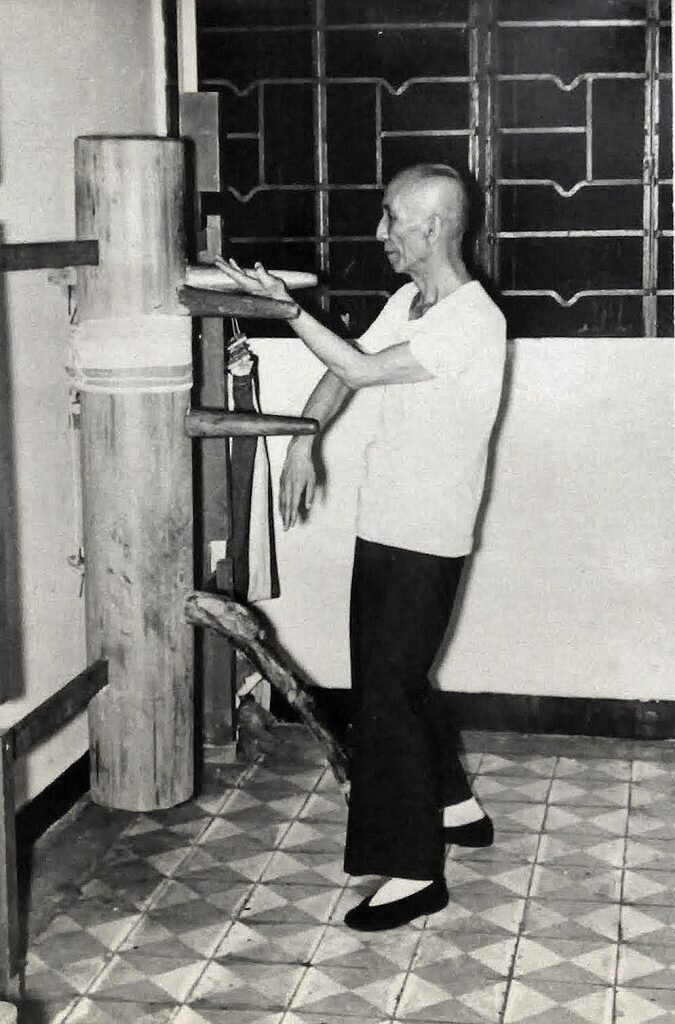
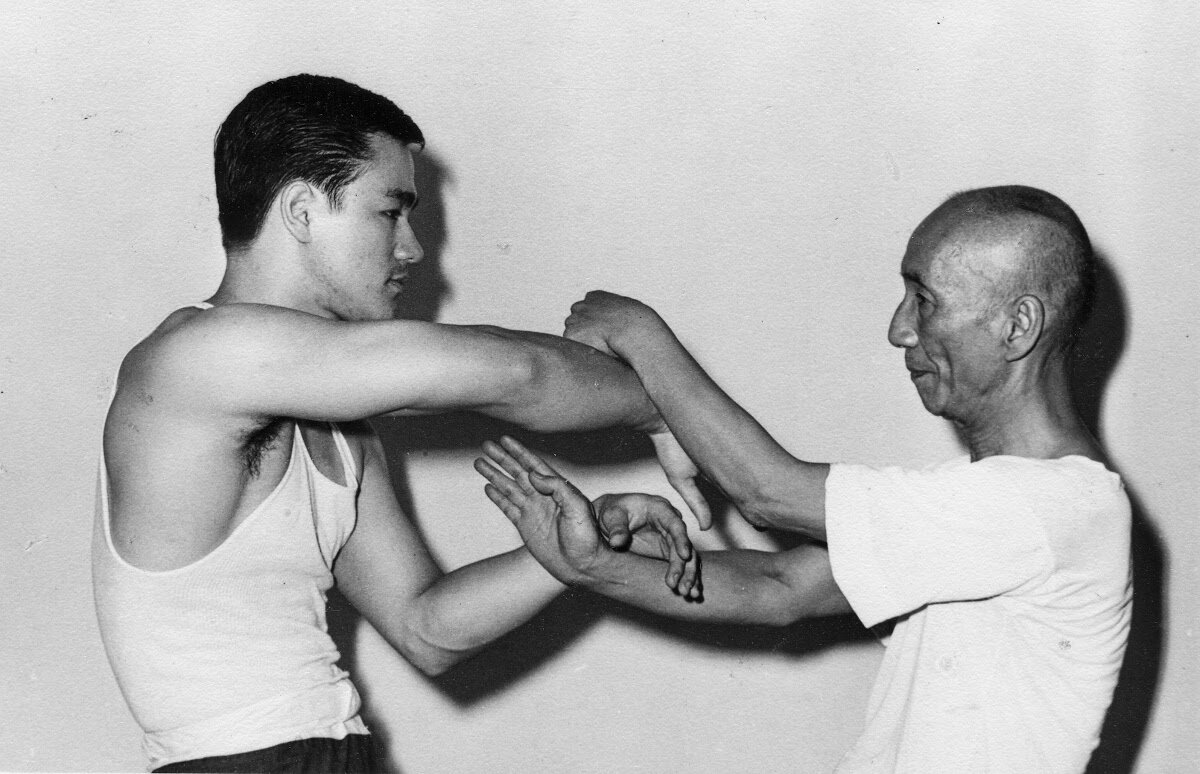

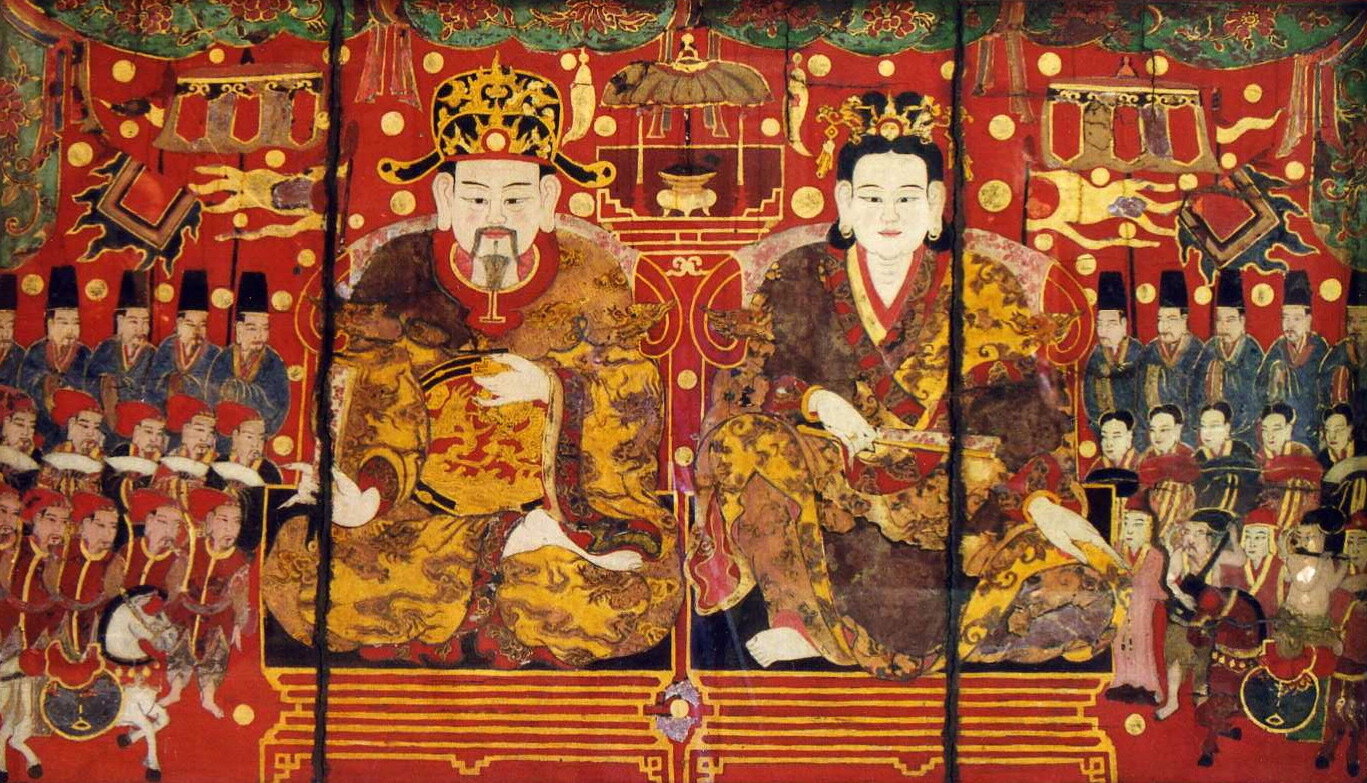

Welcome to the conclusion of our series on the history of Tang Poetry. The Late Tang period of Chinese poetry was marked with all the signs of an imperial house in decline. It was a sad and melancholy time and quite a few Late Tang poems expressed the hopelessness felt during these sorrowful years.